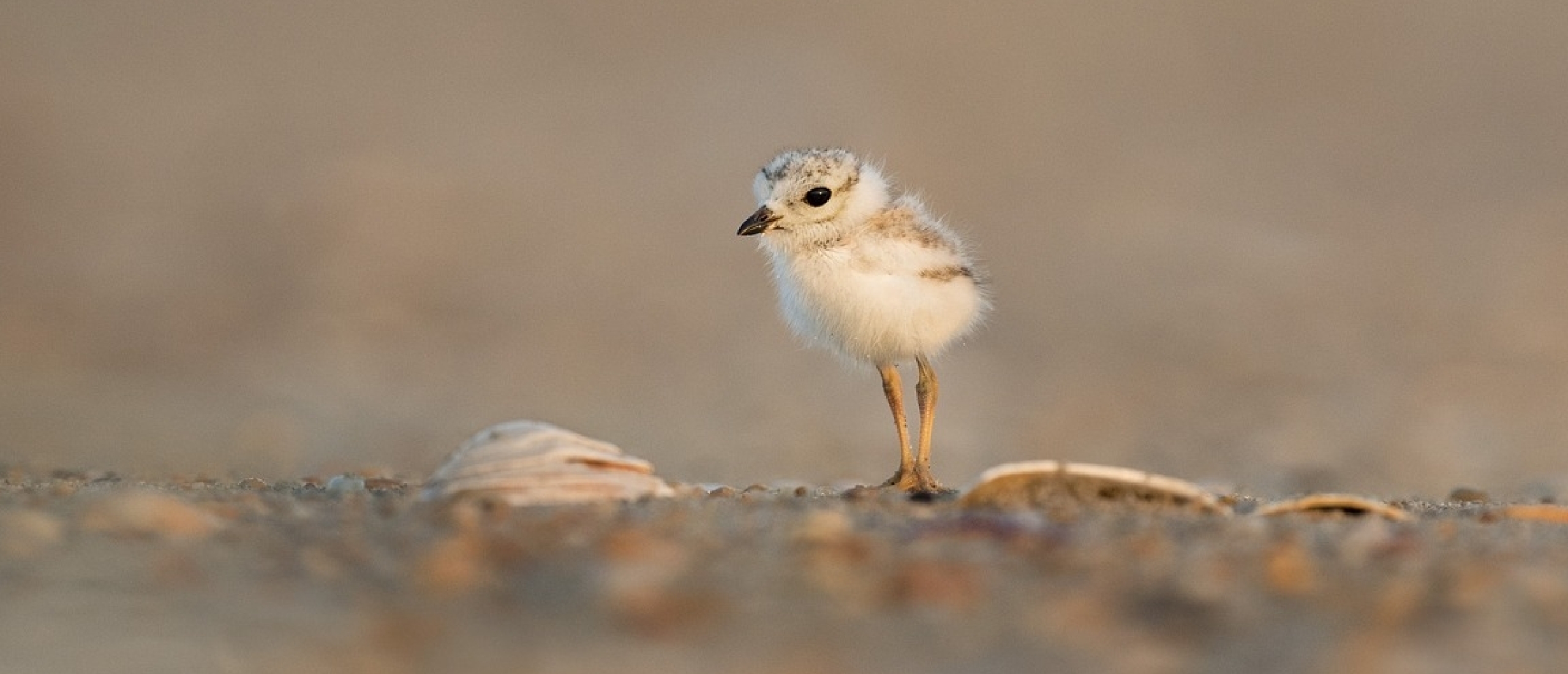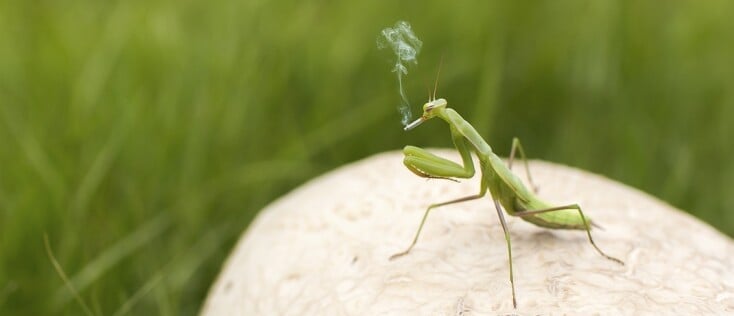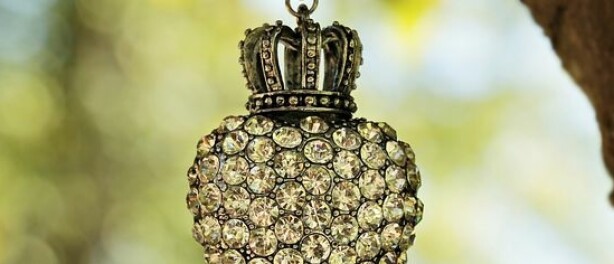Have you noticed that when Dutch people talk, many words end with -je or tje? You hear these words hundreds of times per day and one thing is certain.... Dutch people love them!
Let's explore what these words are and how you can use them as well. Words that end with je or tje have a special name in Dutch: verkleinwoorden. Klein in Dutch is small or little and this is exactly what happens... these verkleinwoorden make things smaller, in English you call them diminuitives.
If you speak another language like Spanish, then you already understand this idea... For example, you have cerveza (beer) & cervecita (little beer) and casa (house) & casita (little house). These words are very popular in Spanish, because they do not only make things smaller, it somehow seems that if you make words smaller, then all of a sudden it sounds warmer and nicer.
In English you will not see or hear them often. Doggie instead of dog and -if you use your imagination - cookie could work, because it is small and nice...
In Dutch you'll hear verkleinwoorden / diminuitives all the time. It is as if Dutch people really like small things. If it is small it is also cute, this is what most Dutch people seem to think :)
Here are some example:
Wat een weertje (weer) = what a nice little weather!
Ik drink een kopje koffie (kop)
Ik zit op een terrasje (terras)
Once again, any time that Dutch people make words smaller, it is as if now it is nicer, warmer and extra gezellig (cosy). Now it is something that is easy to enjoy!
You could say for example: een dag in het park, which is a day in the park. And... if you say: een dagje in het park then all of a sudden it has the meaning of a nice little day in the park.. If you say dagje instead of dag, then you focus on the fact how nice it is to spend that day.
You could say: ik ga een week naar Parijs and... if you say: ik ga een weekje naar Parijs then in most cases you stress how lovely it is to go there...
Verkleinwoorden are important in Dutch, because now you can add warmth and positive emotions to your conversations. That is why I will give some practical tips.
Most verkleinwoorden end with je or tje, but.... it may end with pje as well...
Dagje (dag) day
Uurtje (uur) hour
Boom (boompje) tree
And... this is something that often happens with very short words:
Zonnetje (zon) sun
Weggetje (way)
Mannetje (man)
Bruggetje (brug) bridghe
Can you see the paradox here? The words get a long longer when you make them smaller ;)
The easiest way for you to use the right form is to pick up these diminuitives in daily conversations. One of the first words that you'll learn in Dutch are biertje (bier) (beer) & wijntje (wijn) (wine)....
Here are some other practical tips:
First of all, diminuitves are always het, as long as they are in singular. Plural are always de in Dutch
If you use them in a sentence, you always need to use een or het... For example, you say ik drink een biertje... If you say: ik drink biertje then it is wrong, but you can say: ik drink bier....
That is why you also say: ik eet een ijsje, while you can say ik eet ijs...
Another important thing to realize is that often the meaning of a word can change if you make it smaller. Here are some other examples:
Een kaars is a candle, but.... you would never put candles on a birthday cake... They would be to big... use kaarsjes instead!
Een ster is a star and.... sterretje could also be this sign: * Don't you think that * looks like a small little star?
Een fluit is flute and.... fluitje can also be a whistle! And... fluitje is also a certain glass of beer!
Een bloem is a flower and een bloemetje is often a whole bunch or bouquet of flowers!
Although diminuitives often make things cute and gezellig, sometimes it can also take some value away. And. Dutch people also use it for showing disrespect and contempt. That is why it is always important to listen to the tone of voice. Although it may sound cute, it could also be sarcasm!
Here are some examples:
Ik vind hem een irritant mannetje (I find him quite annoying)
Ik haat dat stemmetje (stem) (I hate that little voice)
Last but not least, here are some diminuitives that may surprise you. Have you heard of these words already? Eventjes, saampjes & netjes
Eventjes comes from even and it means a short while. You could say: ik drink eventjes een kopje koffie. And if you say: wacht eventjes it could mean just wait a little while, or wait a minute. And yes... it could also be sarcastic!
Saampjes comes from samen, together. You could say: we gaan saampjes op vakantie, we go together on a holiday.... Now all of a sudden it sounds more warm and intimate....
Netjes comes from net, and it is neat, politce or decent. Een net handschrift is a neat handwriting and netjes also means done in a nice and proper way..... Hij praat heel netjes means that he talks in a very decent manner. If you produce loud sound while eating, then Dutch people may scream: dat is niet netjes! and then it means that what you do is not appropriate....
There is a lot more to discover about these diminuitves in Dutch. Somehow they bring a lot of nuance and it makes speech far more colorful. It is a great idea to observe the usage of these diminuites and in many cases, you can discover all by yourself the richness that they bring. Then, if you also start using these words, Dutch people will notice it and it can make your Dutch far more personal and engaging :)
What have you dicoverd about diminuites already? Please share your thoughts here:




